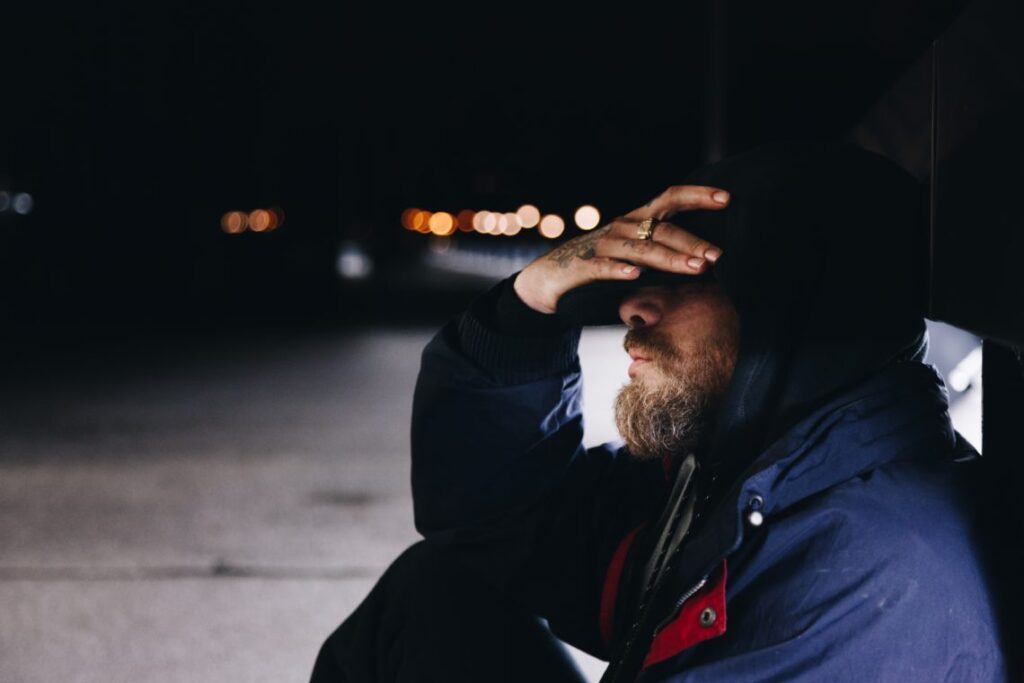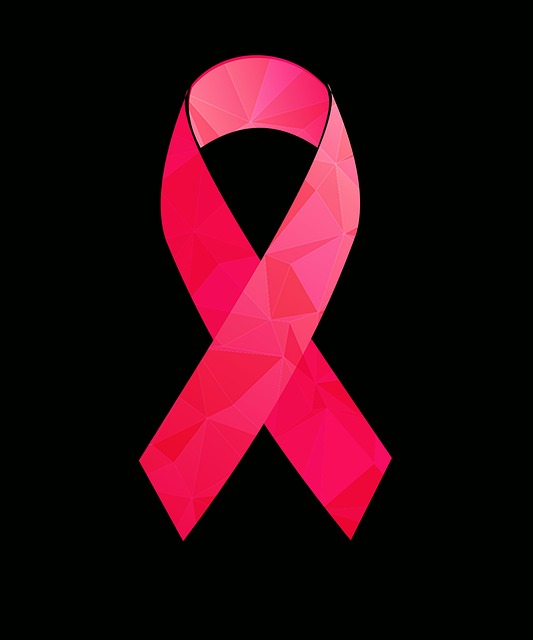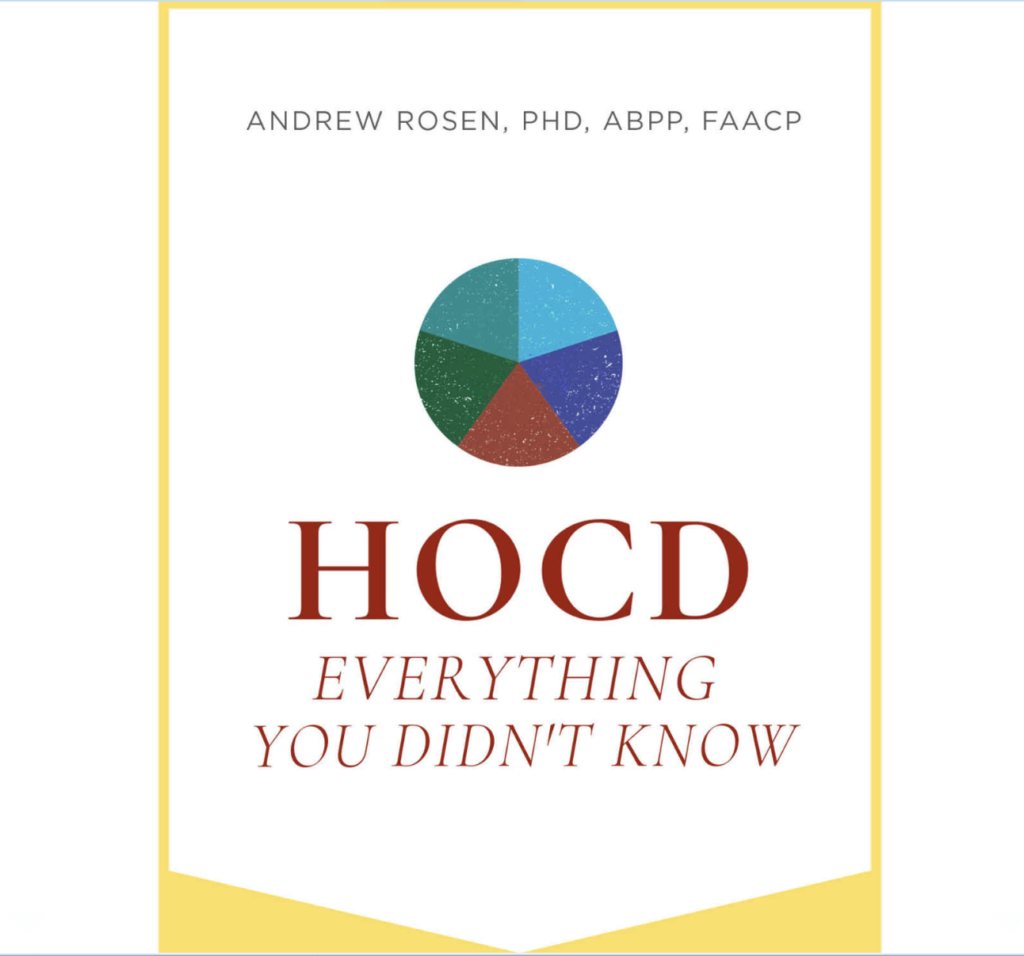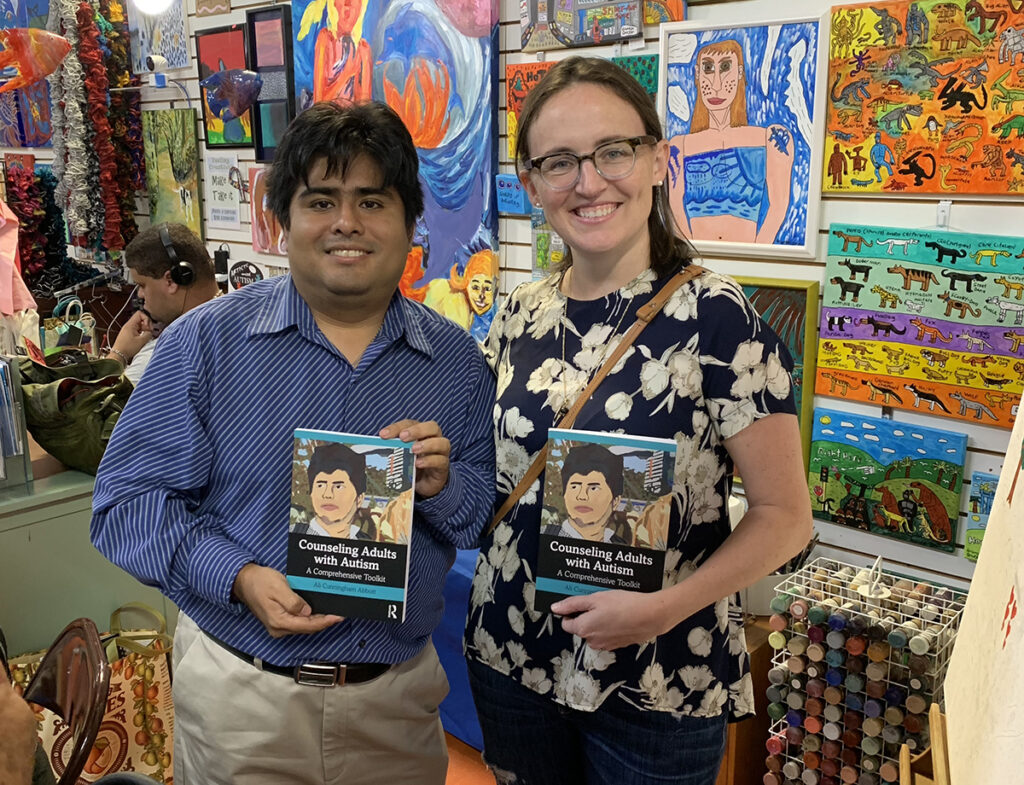What Is Overcontrol And Is It Contributing To Your Social Anxiety?

One of the most quickly growing areas of clinical research and treatment implementation is for people who are considered to be overcontrolled. What does being overcontrolled mean, and what does it have to do with feeling socially anxious? The concept of self-control refers to the ability to inhibit problematic behaviors. This is generally accepted by our society as a positive thing to have! It is true that to an extent, being overcontrolled can be very adaptive and helpful. Overcontrol is associated with the ability to delay gratification, follow rules, and valuing accuracy and fairness. However, when these traits are very pronounced and overemphasized, they can become problematic and affect our mental health. It’s like having too much of a good thing.
How Much Is Too Much? Technology, Screen Time, And Your Mental Health

It’s no secret that people are somewhat “addicted” to their screen time. Just look around you at any restaurant and you’ll see families and friends interacting more with their phones than with each other. The same hold true for almost anywhere you go: some people can’t even take their eyes off their screens when driving or walking, which has resulted in numerous accidents and deaths.
Mental Health Risks Of Marijuana

As more states legalize the possession and use of marijuana, we are beginning to get a clearer picture of the effects it can have on mental health. While advocates feel that the drug can do no harm, critics of legalization feel that there is nothing beneficial in marijuana – and the truth probably lies somewhere in between. However we do know that there has been an upswing in suicides and mental health disorders in states that have legalized the drug. So, what are the mental health risks of marijuana use?
Transcranial Magnetic Stimulation: High Tech Help For Treatment Resistant Mood Disorders

Transcranial magnetic stimulation may help relieve symptoms in those with severe anxiety or depression that doesn’t respond to treatment or medications.
What Problems Do Adopted Adults Have?

There are seven core issues that follow adopted children into adulthood. These concerns affect them emotionally and must be addressed to begin healing.
PTSD In Breast Cancer Survivors

Although it is best known for affecting war veterans or those who have been through violent events, PTSD is also common in cancer survivors. Learn about risk factors and treatments for PTSD after cancer.
HOCD and Intrusive Thoughts

HOCD (homosexual obsessive compulsive disorder) is a subgroup of Obsessive Compulsive Disorder (OCD). It causes relentless questioning of one’s sexual orientation via the intrusive thoughts that are characteristic of OCD. HOCD is also known as Gay OCD or Sexual Orientation OCD (SO-OCD).
HOCD: Everything You Didn’t Know – A Primer for Understanding & Overcoming Homosexual Obsessive Compulsive Disorder

HOCD (Homosexual Obsessive Compulsive Disorder) is a debilitating condition that attacks without warning in those who already struggle with classic OCD. It leaves its victims reeling with uncontrollable doubt about their sexual orientation (despite never having questioned it before), while igniting a vain pursuit of certainty over the question of whether they are truly straight.
What Is Harm OCD?

Studies show that the vast majority of us occasionally have unwanted violent thoughts about injuring ourselves or others. For example, we might briefly fantasize about harm befalling the guy who just cut us off in traffic and then scared us even more when he immediately slammed on his brakes to avoid other cars. Although we don’t like to acknowledge them, about 85 percent of people do experience some type of random harmful thoughts, but they are fleeting and don’t disturb our normal lives.
Counseling Adults with Autism

Counseling Adults with Autism is a practical guide for counselors, psychologists, and other mental health professionals looking to improve their confidence and competence in counseling adults diagnosed with mild to moderate autism spectrum disorder (ASD). Organized into 11 chapters based on key areas for guiding assessment and treatment planning for this population, this book highlights evidence-based practices and therapeutic interventions through case examples to demonstrate how assessment and treatment can be applied. Replete with insights from a variety of disciplinary approaches, this is a comprehensive and accessible resource for practitioners looking to support and empower clients struggling with social and behavioral challenges. Buy the book here.
